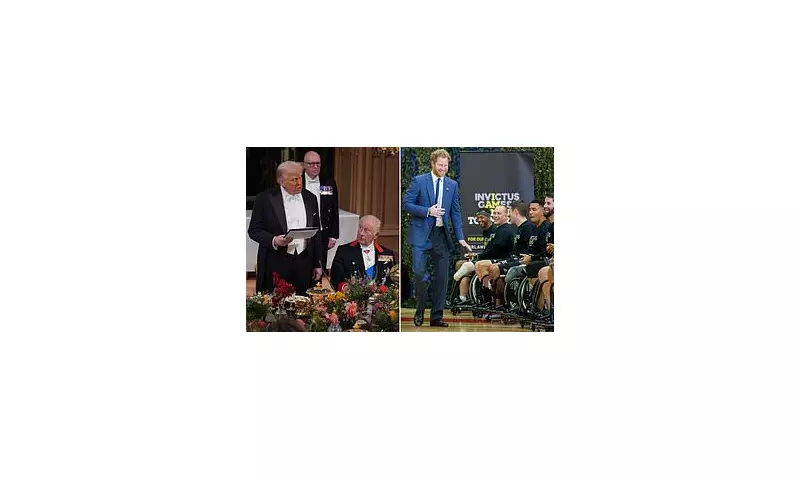
The prospect of a state visit by former US President Donald Trump to Britain has ignited fresh discussions about royal protocol and drawn subtle criticism from Prince Harry, creating a complex diplomatic scenario for the monarchy.
According to royal sources, Buckingham Palace is preparing for the possibility of hosting Mr. Trump should he return to the White House following November's presidential election. Such a visit would involve the full pomp and ceremony reserved for visiting heads of state, including a carriage procession and state banquet.
Prince Harry's Subtle Rebuke
In what appears to be a carefully worded commentary, the Duke of Sussex made veiled references to political leadership during a recent public appearance. While not mentioning Mr. Trump by name, Harry's remarks about "leadership" and "the right values" were interpreted by royal observers as a subtle critique of the former president.
This creates an awkward dynamic for the Royal Family, who must maintain strict political neutrality while hosting world leaders of all political persuasions.
Historical Context and Protocol Challenges
The Royal Family has historically navigated relationships with controversial world leaders through strict adherence to protocol. However, Mr. Trump's previous visits have tested this approach, particularly given his public criticisms of the Duchess of Sussex during his presidency.
Palace officials are understood to be reviewing contingency plans for a potential Trump visit, ensuring that all ceremonial aspects would be executed with traditional precision regardless of the political climate.
The Diplomatic Balancing Act
The situation highlights the delicate balance the monarchy must strike between diplomatic duty and family dynamics. With Prince Harry no longer a working royal, his public comments create additional complications for an institution that prioritizes neutrality above all else.
As one palace insider noted: "The Royal Family's role is to host whoever the British government invites, without showing partiality. Personal opinions remain private, and protocol always prevails."





